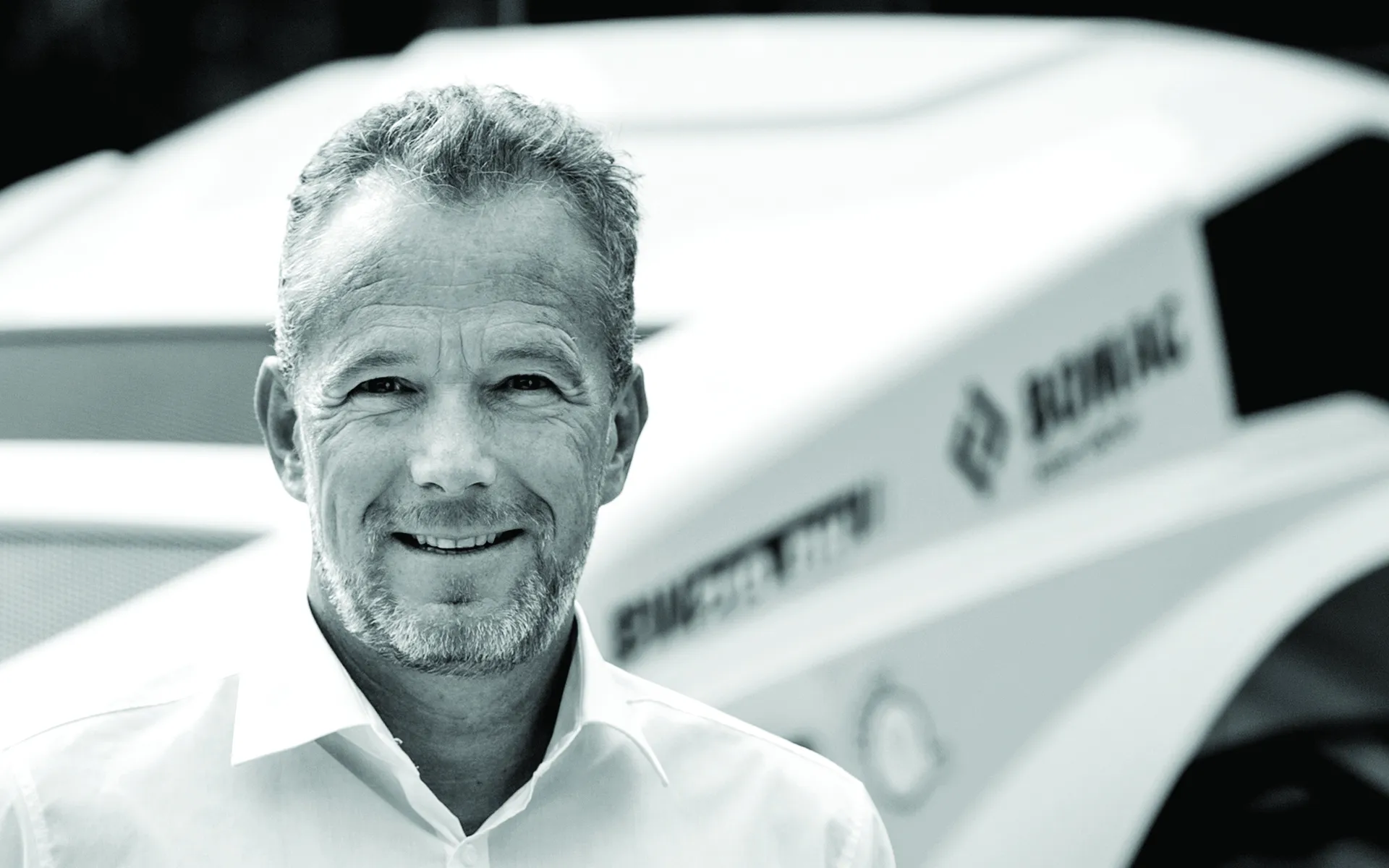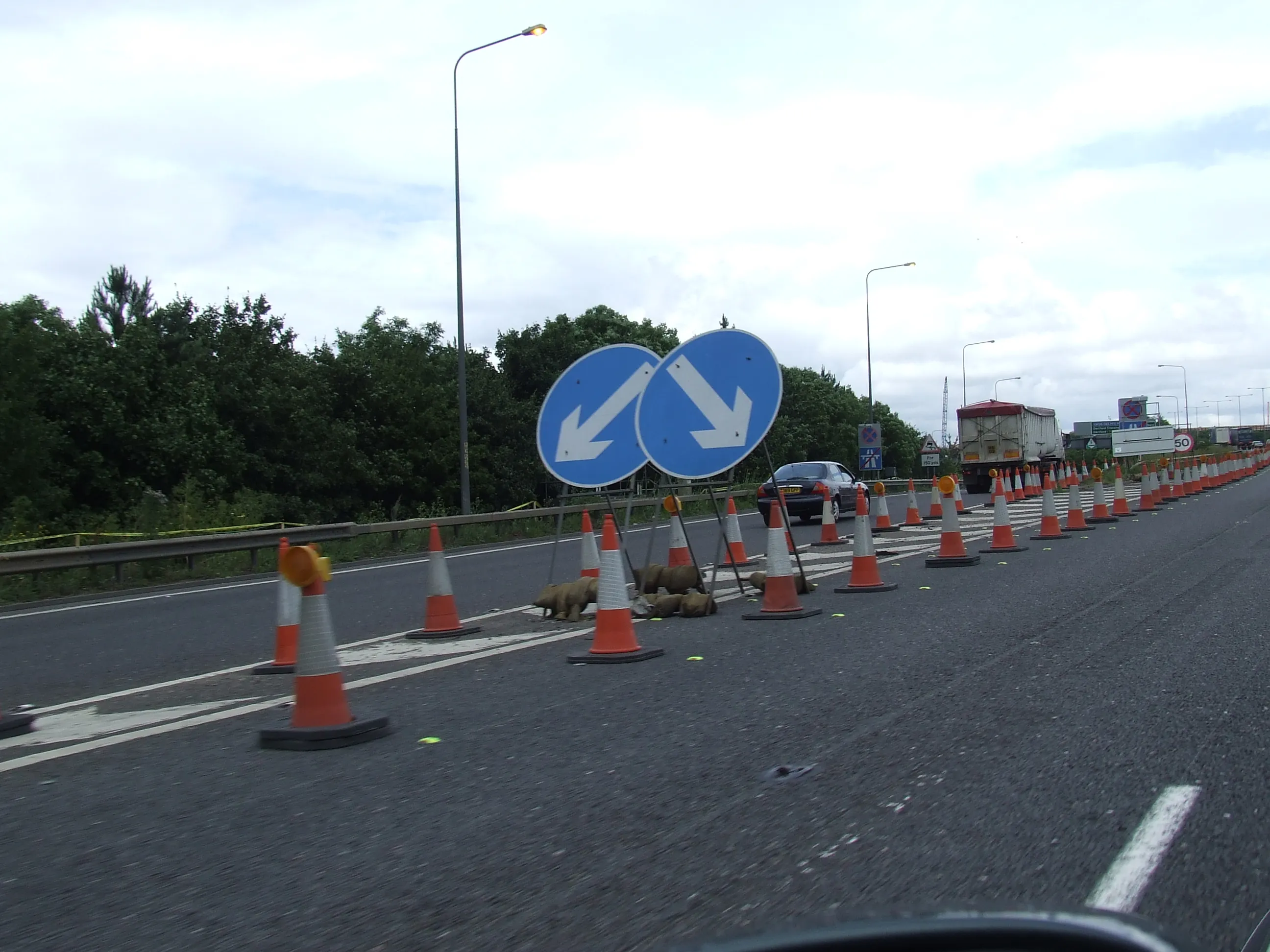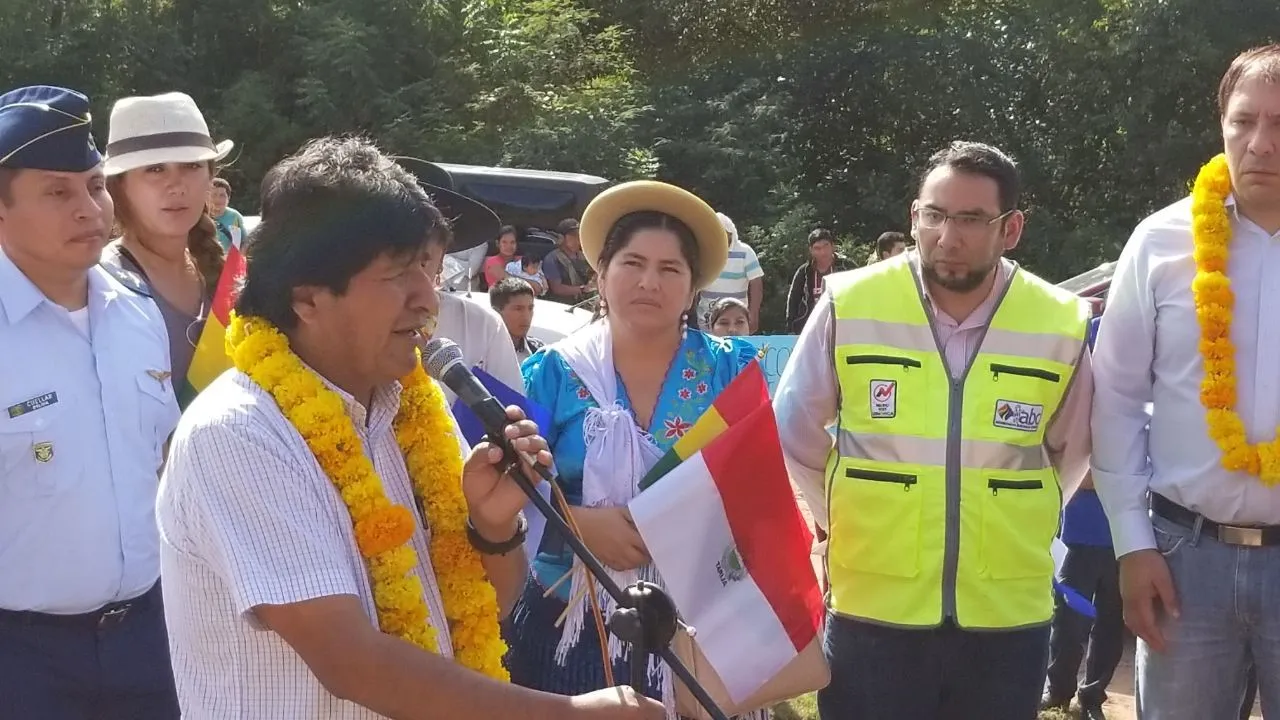Bolivian president Evo Morales has decided to put his plans to build a new highway through the Amazon jungle to the vote. Morales is going to ask the affected communities directly if they want the new road or not, after a noisy protest campaign against the plan caused him to think more deeply.
August 3, 2012
Read time: 2 mins
RSSBolivian president Evo Morales has decided to put his plans to build a new highway through the Amazon jungle to the vote. Morales is going to ask the affected communities directly if they want the new road or not, after a noisy protest campaign against the plan caused him to think more deeply.
Bolivian government officials and international observers attended a meeting in the jungle town of Oromomo to promote the idea last week. Oromomo is one of 69 communities in the TIPNIS reserve that will be asked to vote on the scheme before the end of August.
Each community will be allowed to say yes or no to the 310km highway, which is funded by Brazil - and they each get one vote.
The president argues that the new highway will help boost the nation’s economy. But Bolivia's main lowlands Indian federation is vehemently opposed, saying it will cause environmental damage in an undeveloped area believed to hold deposits of minerals and oil.
And the vote is unfair, says the federation, which wants to boycott the process. The indigenous people argue that that the poll is stacked in favour of the president because it permits newly-arrived ranchers, coca farmers and other settlers to vote. These are people who are not as closely connected to the land, say the Indians.
Morales is finding the highway plan a hard sell and he is reported to be very unhappy about the way in which the scheme has forced him to confront many of the ethnic groups and environmentalists who backed him for president. He is the country’s first indigenous leader.
The voting process is also the result of a new constitution that Morales helped to pass three years ago, which calls for Bolivia's indigenous peoples be consulted whenever something happens that could affect their lives or their traditional lands.
Bolivian government officials and international observers attended a meeting in the jungle town of Oromomo to promote the idea last week. Oromomo is one of 69 communities in the TIPNIS reserve that will be asked to vote on the scheme before the end of August.
Each community will be allowed to say yes or no to the 310km highway, which is funded by Brazil - and they each get one vote.
The president argues that the new highway will help boost the nation’s economy. But Bolivia's main lowlands Indian federation is vehemently opposed, saying it will cause environmental damage in an undeveloped area believed to hold deposits of minerals and oil.
And the vote is unfair, says the federation, which wants to boycott the process. The indigenous people argue that that the poll is stacked in favour of the president because it permits newly-arrived ranchers, coca farmers and other settlers to vote. These are people who are not as closely connected to the land, say the Indians.
Morales is finding the highway plan a hard sell and he is reported to be very unhappy about the way in which the scheme has forced him to confront many of the ethnic groups and environmentalists who backed him for president. He is the country’s first indigenous leader.
The voting process is also the result of a new constitution that Morales helped to pass three years ago, which calls for Bolivia's indigenous peoples be consulted whenever something happens that could affect their lives or their traditional lands.








